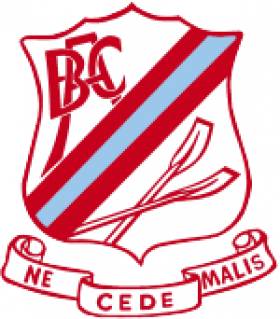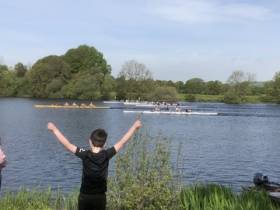Displaying items by tag: Athlunkard
Funds Flow In for Family of Rower Injured in Capsize
#Rowing: Athlunkard Boat Club has set up a gofundme page for their young rower, Amy Mulcahy, and her family. The 12-year-old was involved in a capsize on Saturday in Limerick and had to be cut free as her hair caught in rigging. The gofundme page here has drawn thousands in support, though only set up for a single day. Amy has been in a serious condition in Temple Street Hospital in Dublin.
Castleconnell Shine at Home Rowing Regatta
#Rowing: Castleconnell Sprint Regatta had a huge entry and a good day for rowing. The host club, which had amassed a set of fine results at Ghent regatta, did so again at their home regatta. They won the junior 15 eights for boys and girls. St Michael’s won the girls’ junior 16 eight. Athlunkard won the final race of the day, beating St Michael’s in the final of the men’s club two coxed four.
Castleconnell Sprint Regatta, Saturday (Selected Results)
Men
Eight – Jun 15: Castleconnell. Masters: Castleconnell.
Four – Club Two, coxed: Athlunkard. Jun 16, coxed: Castleconnell.
Sculling, Quadruple – Club Two, coxed: St Michael’s. Jun 18B, coxed: Muckross.
Double – Club Two: Workmen’s. Jun 18B: Workmen’s A.
Single – Club Two: Shandon (Diffley). Jun 18A: Castleconnell (D Martin).
Women
Eight – Masters: Univ of Limerick. Jun 16: St Michael’s. Jun 15: Castleconnell.
Four – Jun 18B, coxed: Shannon.
Sculling, Quadruple – Jun 18B, coxed: CRCC. Jun 16, coxed: Workmans.
Double – Club Two: Waterford. Jun 18B: CRCC.
Single – Club Two: Workmen’s (M Fleming). Novice: Cappoquin (B O’Rourke). Jun 18B: Muckross. Masters: Offaly (Nolan).






























































